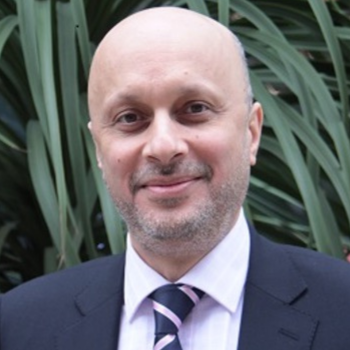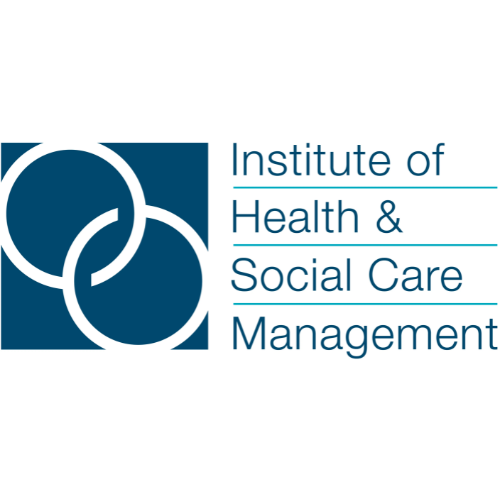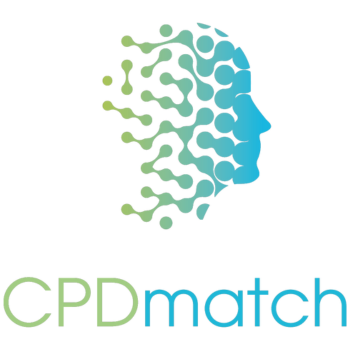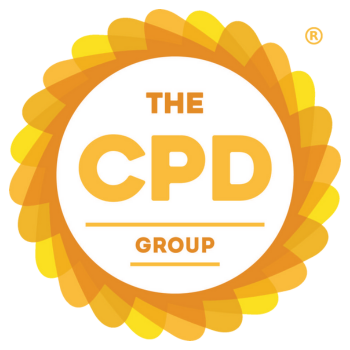Introducing the 3rd international Psychiatry and Addiction Masterclass (3rd iPAM®)
Chair: Dr Khansa Nabil (Confirmed)
This presentation captures real-world experience from the NHS in implementing Ketamine treatment for Treatment-Resistant Depression. Sharing treatment protocols, it highlights how a motivated team, working within the constraints of limited resources, established and sustains an innovative service that is making a positive difference in clinical outcomes.
The presentation will cover the prevalence and harms of ketamine addiction. It will also cover what Via is doing in the community and at the Passmores House detox and rehabilitation unit to support those with a Ketamine addiction.
The talk will introduce the audience to ketamine assisted psychotherapy with a focus on its use in alcohol and substance use disorders.
Dr Louise Sell, Consultant Psychiatrist, Pennine Care NHS Foundation Trust (Confirmed)
There is new evidence to suggest that the co-occurrence of autism and ADHD can be as much as 50-70%. In the colloquial community, this co-occurrence is termed AuDHD. Is this a new term or a New Diagnosis on the horizon, or an extension of the spectrum … The presentation of co-occurring Autism and ADHD is different from that of Pure Autism or Pure ADHD, and are there different types of AuDHD … this will all be covered in this session…
As clinicians, we are increasingly recognising and developing competencies in identifying and managing neurodiversity-related conditions, particularly adult ADHD and autism. Individuals with a dual diagnosis—neurodiversity co-occurring with other mental health conditions such as addictions—pose a distinct set of clinical challenges. Their addictive behaviours, whether substance-related or behavioural (e.g. problem gambling, gaming, internet use, social media, or smartphone overuse), may present atypically and often prove more resistant to conventional treatment approaches.
This presentation explores the complexities of such dual diagnosis cases, with a focus on both substance misuse and the growing recognition of behavioural addictions. It underscores the need for mental health services to adapt and provide responsive, neurodiversity-informed care pathways.
The talk will address both the clinical presentation and the work of the only NHS clinic to treat this disorder.
Substance Use Disorders (SUD) and Co-occurring Substance Use and Mental Health Disorders (CoSUM) form a significant proportion of patients in clinical Psychiatric practice but are likely to be underidentified, leading to poorer outcomes for patients presenting with these conditions. Across the world, there is a significant short-fall in mental health professionals skilled in recognising, assessing, diagnosing and managing the care of people with SUD and CoSUM. The talk will explore the wider training and curricular issues in Addiction Psychiatry particularly focusing on solutions to improve the numbers and skill mix of mental health workforce equipped to assess and treat SUD and CoSUM.
Long-Acting Injectable Buprenorphine is a recent advance in the treatment of opioid use disorder which can be administered in weekly or monthly injections, allowing people with opioid use disorder to engage with daily activities without the need or daily supervised consumption. However, there is little research on the how and why this treatment may be beneficial compared to standard of care.
This talk discusses a study where we compared self-reported outcomes for people who are prescribed Long-Acting Injectable Buprenorphine compared to other medications for opioid use disorder. We used logistic regression to identify predictors of being prescribed LAIB compared to other medication for opioid use disorder, and we compared changes in self-reported physical health, mental health and quality of life over a one-year period. We contextualised the results with qualitative interviews with people with opioid use disorder and clinicians.
This lecture will explain the brain science of psychedelics and then show how they are being developed for the treatment of tobacco and alcohol addiction and then David Nutt will share details of the upcoming studies on opioid and gambling addictions.
Closing remarks for the 3rd iPAM






















 3rd iPAM® Event Gallery
3rd iPAM® Event Gallery

















